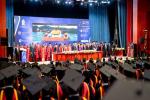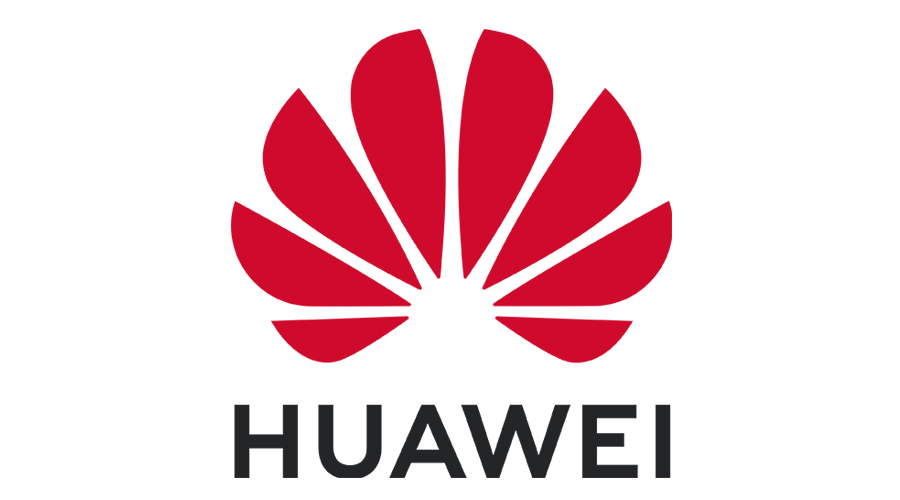Ocean Research and Conservation Association (ORCA) of Ireland and Huawei Ireland released the latest key findings on marine life protection in Ireland discovered during their joint work on the Smart Whales Sound project.
The announcement took place during the OceanTech Summit at Ireland’s Baltimore Castle in Ireland.
Shipping lanes in the Celtic Sea south of Ireland are significantly contributing to noise pollution in the marine environment, the joint-study found.
Prior research had shown that ocean noise can affect a multitude of marine species, including seals, fish, and even squid. And it can threaten the survival of whales.
So far, the real-time multi-species detection system has shown it has practical implications for marine conservation.
It can provide real-time notifications to ships in areas where whales are present, thanks to its new acoustics data acquisition system.
The system could potentially help in the planning of key marine infrastructure, such as offshore renewable energy facilities, to minimise noise impact on marine life during the construction phase.
Emer Keaveney, Co-founder and Executive Director of ORCA Ireland, said:
"Noise from shipping and other human activities in our waters can have a severely detrimental impact on marine life like whales and dolphins.
Ship noise, such as the low hum of a container ship can mask whale calls, affect animal communication and important life history strategies such as co-ordinated feeding, or move animals out of important habitats.
"Recent advances in technology provide increasing opportunity to use these innovations for good and to enhance our understanding of the natural world.
To achieve this, we are using Huawei's [AI development platform] ModelArts and cloud storage, coupled with machine learning, to automate wildlife monitoring for marine conservation."
Luis Neves, CEO of Global Enabling Sustainability Initiative commented,
"The work of capturing sound in the oceans and harnessing the power of AI and big data analytics to enhance our understanding of marine ecology and its complex interactions with various threats is of paramount importance.
This endeavor not only facilitates broader public engagement but also strengthens the effectiveness of conservation initiatives, ultimately contributing to the survival and well-being of marine species.
"At GeSI we are proud for having our member Huawei taking leadership and using its innovations and sophisticated AI/deep learning models to automatically detect and identify cetacean species and therefore support the preservation of dolphins and whales."
Luke McDonnell, Head of PR of Huawei Ireland, said,
"Huawei believes that no one should be left behind in the digital world and we have made it our mission to put digital inclusion front and centre of our business.
In addition to environmental protection, we believe that digital technologies also play a key role in many other areas.
Digital technologies such as AI, cloud, and 5G are being rapidly integrated and extensively applied across different industries.
This is facilitating digital transformation and sustainable socio-economic development, and bringing tangible benefits to society as a whole."
Starting in March 2021, the ORCA Ireland Smart Whale Sounds project is run in partnership with Rainforest Connection (RFCx), and supported by Huawei Ireland through the TECH4ALL initiative, as the first real-time marine bioacoustics study in Ireland.
Preliminary analysis suggests that the south coast of Ireland is a cetacean (whales, dolphins and porpoise) 'hot-spot'.
Cetaceans constitute almost half of all the animals within Ireland’s sea and land borders.
Worldwide, sea mammals are a third of animals on earth.






















